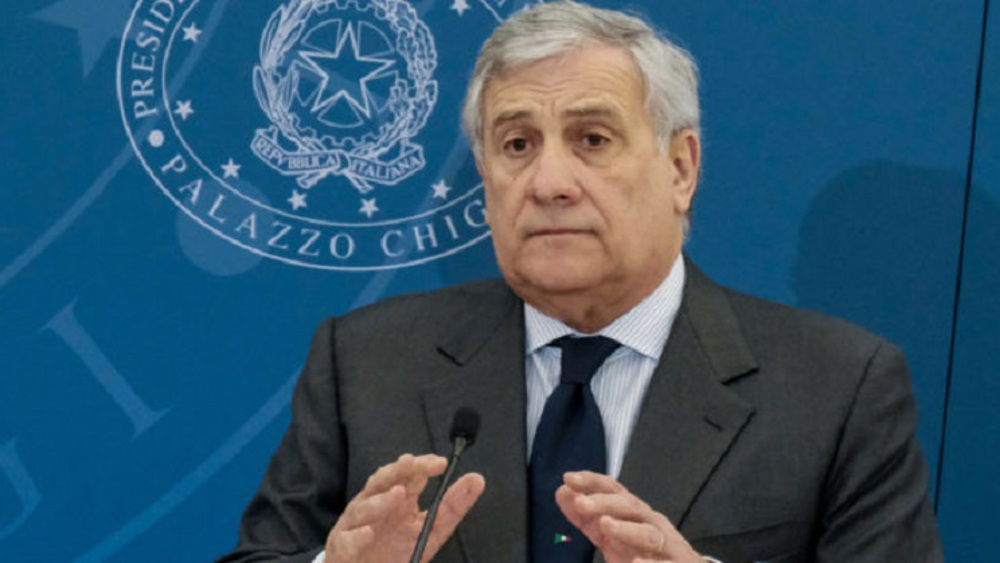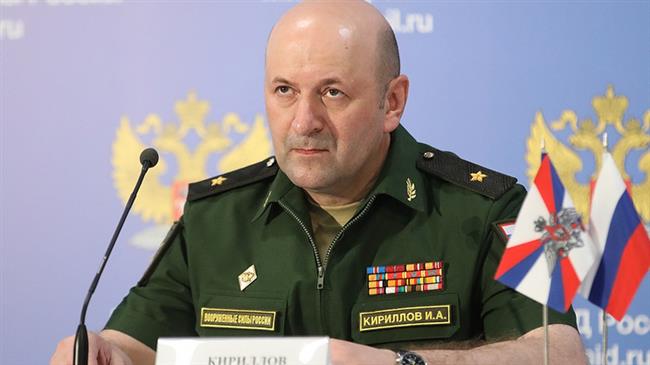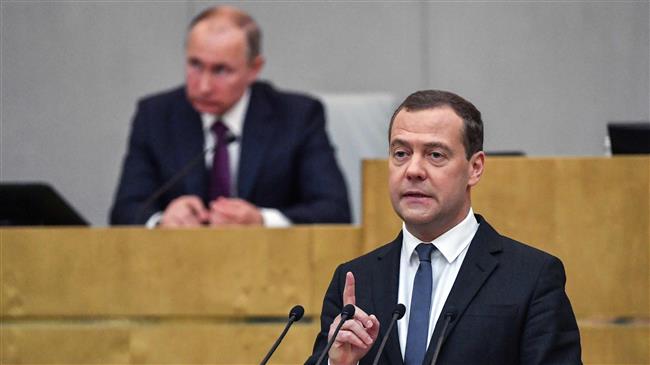Georgia presidential vote goes to runoff with Zurabishvili wins first round
Presidential elections in Georgia, seen as a crucial test for the increasingly unpopular ruling party, have gone to a run-off, preliminary results showed on Monday.
With tallies from nearly all precincts counted, ruling-party backed candidate, ex-French ambassador Salome Zurabishvili, narrowly led with 38.66 percent of the vote, compared with 37.7 percent for opposition leader Grigol Vashadze, the central election commission said.
A candidate needs to win 50 percent plus one vote to be elected in the first round, so a run-off will be held by December 1, the commission said.
Official turnout was nearly 47 percent at 20:00 local time on Sunday, when the polls closed, the commission added.
The presidential campaign saw the ruling party and the opposition cross arms in a prelude to their decisive stand-off during parliamentary polls scheduled for 2020.
If elected, Vashadze has promised to mount a campaign for a snap parliamentary vote.
Rival diplomats
Zurabishvili, a stylish 66-year-old independent MP, is the daughter of refugees who fled Georgia in 1921 for Paris after the country's annexation by the Red Army.
Her career in France's foreign service culminated in a posting to Tbilisi.
Then President Mikheil Saakashvili appointed her foreign minister -- with the approval of France's president at the time Jacques Chirac.

But Zurabishvili quickly made enemies among the parliamentary majority, with MPs and some senior diplomats publicly accusing her of arrogance and impulsiveness.
She was sacked after a year in the job, though thousands took to the streets of the capital to protest her dismissal.
She then joined the opposition and became one of Saakashvili's fiercest critics.
Her main rival Vashadze -- backed by exiled Saakashvili's United National Movement (UNM) and 10 other groups -- has been boosted by growing popular discontent over the government's failure to tackle poverty.
He is a respected career diplomat who served in the Soviet foreign ministry where he helped craft the Soviet-US treaty on the reduction and limitation of strategic weapons. He was Saakashvili's foreign minister from 2008-2012.

Last direct ballot
Both candidates have promised to lead Georgia closer to full membership in the European Union and NATO.
The tiny Black Sea nation has knocked on NATO's doors for more than a decade but the bloc has not yet put Tbilisi on a path to formal membership, despite a pledge in 2008 that it would at some point be admitted.
During a fraught campaign, Vashadze criticized the "informal oligarch rule" of Bidzina Ivanishvili, Georgian Dream's billionaire leader.
Georgia's richest man, Ivanishvili stepped down as premier in 2013 after just a year in office, but he is widely believed to still be the country's de facto ruler.
On the campaign trail, Zurabishvili and Georgian Dream slammed the UNM for alleged human rights abuses during its previous term in power.
The vote is to be Georgia's last direct presidential poll as it transitions to a parliamentary regime.
The new head of state will be a largely ceremonial figure, and their successor is to be elected in 2024 by a 300-member electoral college.
More than 3.5 million people were eligible to vote in the election, which was monitored by international observers from the Organisation for Security and Cooperation in Europe.
(Source: AFP)
Jan. 15: ‘Axis of Resistance’ operations against Israeli occupation
VIDEO | US fires: Criticism mounts over govt. failure to respond
VIDEO | Fears, hope in Gaza amid intensified ceasefire efforts
VIDEO | Press TV's news headlines
Hamas: Ceasefire agreement result of steadfastness, resistance in Gaza over 15 months
Hamas thanks Iran, Resistance Front following achievement of ceasefire in Gaza
'Capitulation': Israeli officials and media concede Gaza defeat as truce unfolds
'Gaza has won': Social media users react to ceasefire with mix of relief, joy













 This makes it easy to access the Press TV website
This makes it easy to access the Press TV website